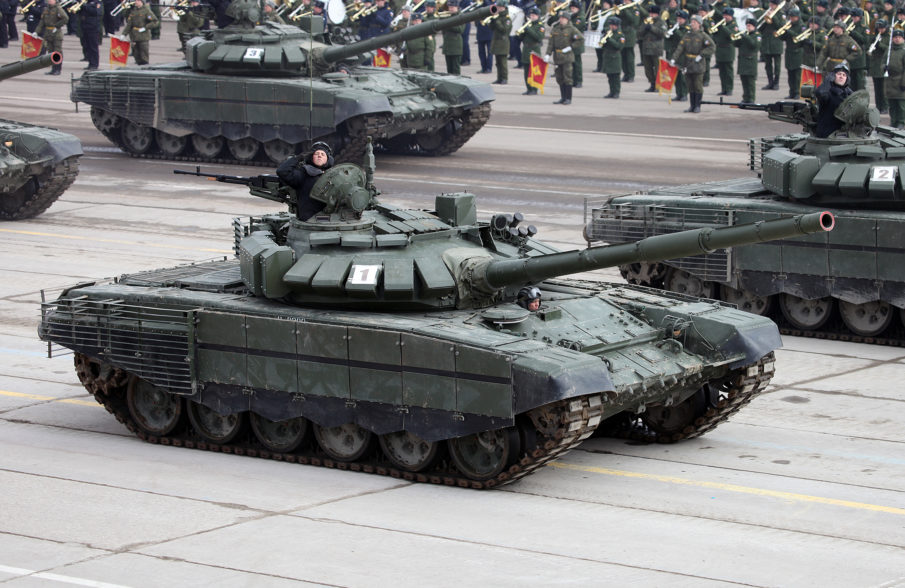The “2017 International Army Games” a military-skills competition between nations that includes tank gunnery, obstacle courses, and other military-focused tasks, is now underway overseas.
An annual competition for the last few years, it is designed to build the spirit of cooperation through friendly competition. Last year’s competition included 3,000 military personnel from 20 countries. But one look at the list of competitors and you can see something is a little, off. This year, 28 countries are participating, including Russia, China, Serbia, India, Mongolia, Uganda, Armenia, Laos, Iran and Venezuela; nations without particularly good relationships with the West. Similar competitions have been held by North Korea.
Various events will be hosted by Russia, China, Belarus, Azerbaijan, and Kazakhstan, but the primary public spectacle each year is the Tank Biathlon held in Russia. Competing tank crews must negotiate a course of varying terrain, quickly, while maintaining accurate engagements against a set number of targets. Perhaps not surprisingly, Russian tank crews have swept the gold medal every year the competition has been held, and are in the lead now.
Russia offers the use of their T-72 tank for visiting countries who have not brought their own. China is among those who prefers to use their own equipment this year.
Russia claims that they have invited NATO countries and the United States every year, but the offer has never been accepted. Russian Army Commander Oleg Salyukov suggested that NATO countries and the U.S. “are not ready” to compete with the Russians.
“But now, unfortunately, the situation is not particularly conducive, but we are ready, and the minister spoke about this, and we invite them,” the general told the Russian state media entity TASS, referring to the current state of tension between Russia and the West.
The competition is also a not-so-subtle opportunity to show off new military hardware and well-trained crews putting them into action. In an interview with TASS, the general speculated on the future appearance of more advanced Russian T-90 tanks in the competition.
Watch video below of China’s portion of this year’s International Army Games
Soldiers from 7 countries carried out intense competition at Int'l Army Games 2017 in NW China's Xinjiang #XinhuaTV pic.twitter.com/Q9kK5F351C
— China Xinhua News (@XHNews) August 2, 2017
Image of T-72B3 by Vitaly V. Kuzmin via Wikipedia










COMMENTS